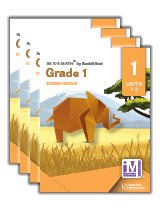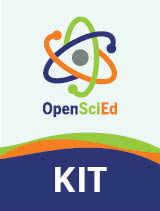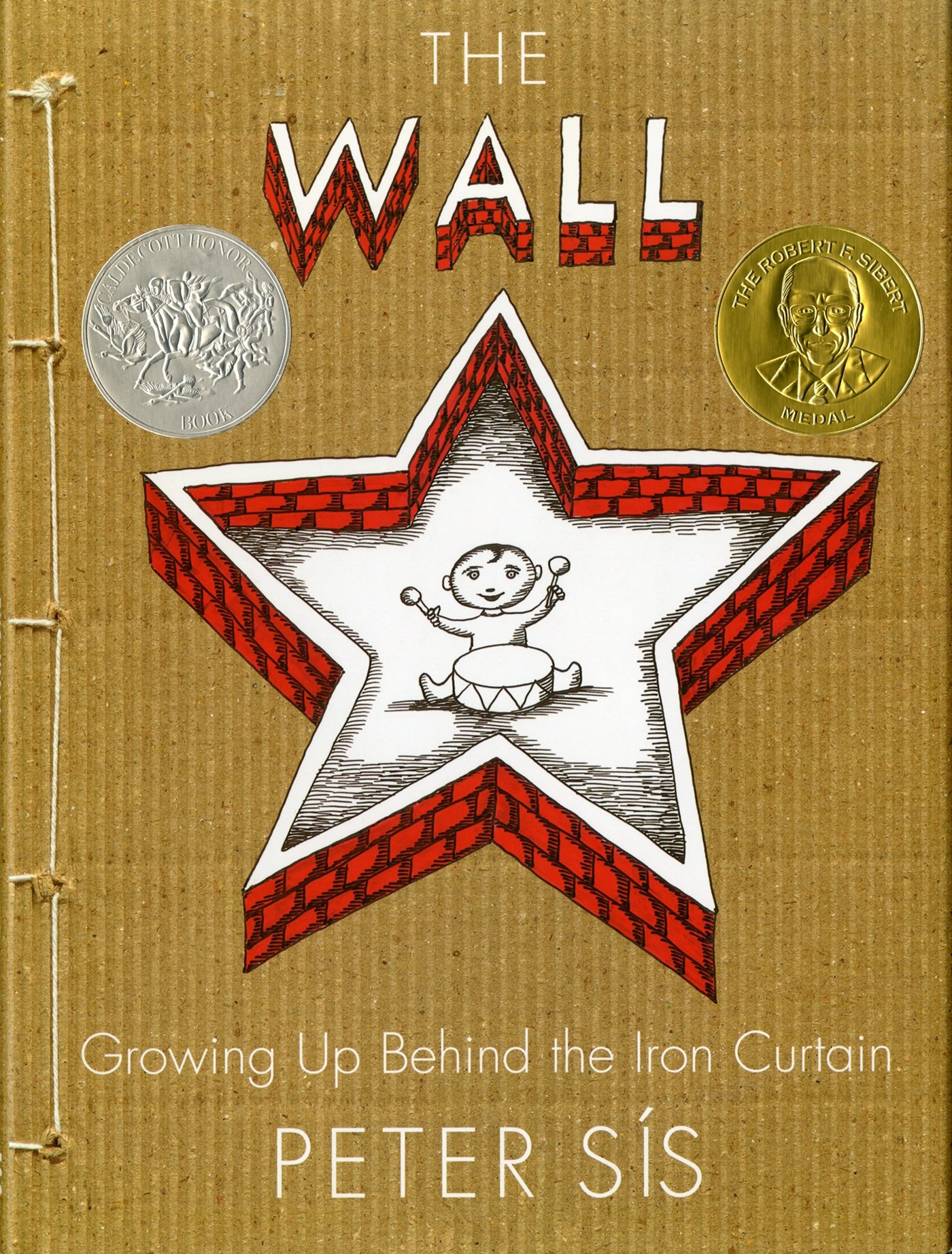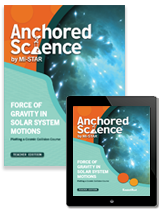Search Listing Name
product:
OpenSciEd Biology + Earth & Space Unit 5: Common Ancestry and Speciation Student Edition
OpenSciEd High School addresses all high school NGSS standards. This comprehensive science curriculum empowers students to question, design, investigate, and solve the world around them.
- Phenomenon Based - Centered around exploring phenomena or solving problems
- Driven by Student Questions - Storyline based on students’ questions and ideas
- Grounded in Evidence - Incremental building and revision of ideas based on evidence
- Collaborative - class and teacher figure out ideas together
product:
The Rabbi Wore Moccasins
Rabbi Elijah Daniels is invited to a Native American sweat lodge ceremony, where he meets and befriends the leaders of the nearby Antchu community. When a spiritual leader confesses to the murder of his wife, the tribe asks the rabbi, who is also an attorney, to take his case. The rabbi’s concern over the ethics of representing a confessed murderer fades when the evidence against the elder doesn’t seem to add up. Something’s amiss, and the rabbi finds himself risking his reputation and even his life to find the

product:
Illustrative Mathematics: Grade 1 Student Edition Set
Illustrative Mathematics K-5 MathTM is an IM Certified product providing trusted, highly rated materials to ensure students thrive in mathematics. Each Illustrative Mathematics lesson has four phases, from pre-unit practice modules to cool downs, focusing students’ attention on definitions, notations, and graphical conventions contributing to the development of real numbers.
The big ideas in grade 1 include: developing understanding of addition, subtraction, and strategies for addition and subtraction within 20; developing understanding of whole-number relatio

product:
OpenSciEd Biology + Earth & Space Unit 3: Inheritance & Variation of Traits Consumable Kit
Extend hands-on science learning in your classroom with aligned manipulative k

product:
OpenSciEd Chemistry + Earth & Space Unit 4: Chemical Reactions in Our World Student Edition
OpenSciEd High School addresses all high school NGSS standards. This comprehensive science curriculum empowers students to question, design, investigate, and solve the world around them.
- Phenomenon Based - Centered around exploring phenomena or solving problems
- Driven by Student Questions - Storyline based on students’ questions and ideas
- Grounded in Evidence - Incremental building and revision of ideas based on evidence
- Collaborative - class and teacher figure out ideas together

product:
Anchored Science Unit 8.4: Forces of Gravity in Solar System Motions Teacher Edition + 3 Year License
Anchored Science by Mi-STAR is a comprehensive middle school science curriculum driven by a bold vision for the future, where science isn’t just a subject but a powerful, integrated body of knowledge that equips students to tackle today’s pressing societal challenges. This curriculum harnesses the full potential of the Next Generation Science Standards, empowering students to actively engage with science and engineering practices. They’ll move beyond the classroom, using their skills to solve
